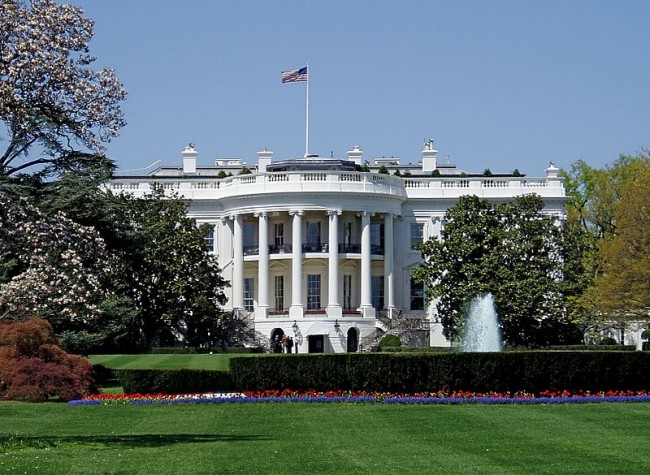
by Brenda Shaeffer
It is time for Washington to change the parameters of the debate on its foreign policy toward the greater Middle East. It is not a choice between human rights and security — rather, the two goals should go hand in hand.
The United States does not need to lose its longtime allies in the Middle East and beyond in order to promote human rights and democracy. In fact, U.S. allies will be more likely to undertake political reform if they feel that Washington is a close partner.
A number of U.S. allies in the Middle East have recently expressed concern regarding Washington’s frequent flips in policies toward the region. The Obama administration’s policy toward the challenges arising from the Middle East has indeed been a series of zigzags: bold moves and initiatives, accompanied by retreats and withdrawals.
This vacillation derives from a perceived clash between the goal of promoting democratization and human rights as well as preserving the regimes of U.S. allies in the region.
This dichotomy is deeply flawed, however. Protection of human rights is not necessarily better under illiberal elected regimes and is most endangered in failed states — which are often the outcome when Washington withdraws its support for a regime.
To improve U.S. policy in the Middle East, the Obama administration should view promotion of both security and human rights as complementary.
A number of analytical tools could provide guidelines for U.S. policy in the unstable Middle East and beyond.
First, when Washington is not reasonably certain of the outcome of its intervention, it should not interfere. There is often no clear alternative political force that can govern — as seen in the Syria crisis. By contributing to the downfall of a regime when there is no clear competent replacement, Washington is only helping to create a new failed state.
And failed states must be avoided. Lack of governance is not democracy. A failed state produces the most serious threats to human life, and usually special dangers to women and minorities. This was evident in the lawlessness after the fall of President Hosni Mubarak in Egypt and the current civil war in Syria.
Second, anti-regime activity should not be confused with pro-democracy movements. Internecine war can be a struggle between the “bad” guys and the “worse” guys, or the “bad” guys and the other “bad” guys. Only after offering support for the rebels in Syria, for example, did the U.S. fully understand the extent of the links of these groups to Islamic extremists.
Often oppositions to ruling autocratic governments do not necessarily want to establish democracy — just to consolidate their own rule. We saw this in Egypt, when Mohamed Morsi replaced Hosni Mubarak. Many new populist governments do not support the rights of women and minorities. Even when democratically elected, they enact laws that represent the tyranny of the majority and do not preserve the rights of the minority.
Third, policy toward each case should be based on the specific circumstances. Washington should evaluate the overall consequences for human freedom and security in that location — not just the technical logistics of elections. Some monarchies, such as in Jordan and Morocco, though clearly non-democratic, do a better job of protecting minority rights than their populist counterparts.
Fourth, Washington should calculate the role of foreign forces in unfolding political scenarios. Intervening to support foreign elections can have much less risk and lower costs than military intervention. Russia, for example, often promotes its interests and tries to shape political outcomes through the ballot box in foreign states. Washington should not see these interventions as representing popular will.
Fifth, in its promotion of human rights policies, Washington should not only support religious freedom. Freedom from religion is the key. In most of the Middle East, this concept is absent. Often the first moves of the democratically elected regimes in the post-Arab Spring, including Egypt and Tunisia, has been the removal of the rights of secular citizens.
Turkey’s democratically elected government has also incrementally narrowed the rights of secular Turkish citizens. Washington has, however, done little to counter those changes — yet has been critical of countries like Azerbaijan that have banned the head scarf and other religious symbols in public schools.
Though Washington trumpets freedom of religion, it rarely stands up for freedom from religious coercion.
It is possible for Washington to maintain its alliances while also promoting human rights and democracy. In the former Soviet Union, the states that have been most integrated with the West, such as the Baltic states, have made the most significant strides to democracy.
This can be an example for the Middle East as well. And, as they take on the risks of democratization, these allies may be more likely to heed U.S. suggestions when Washington is actively engaged.
Source: Reuters blog




